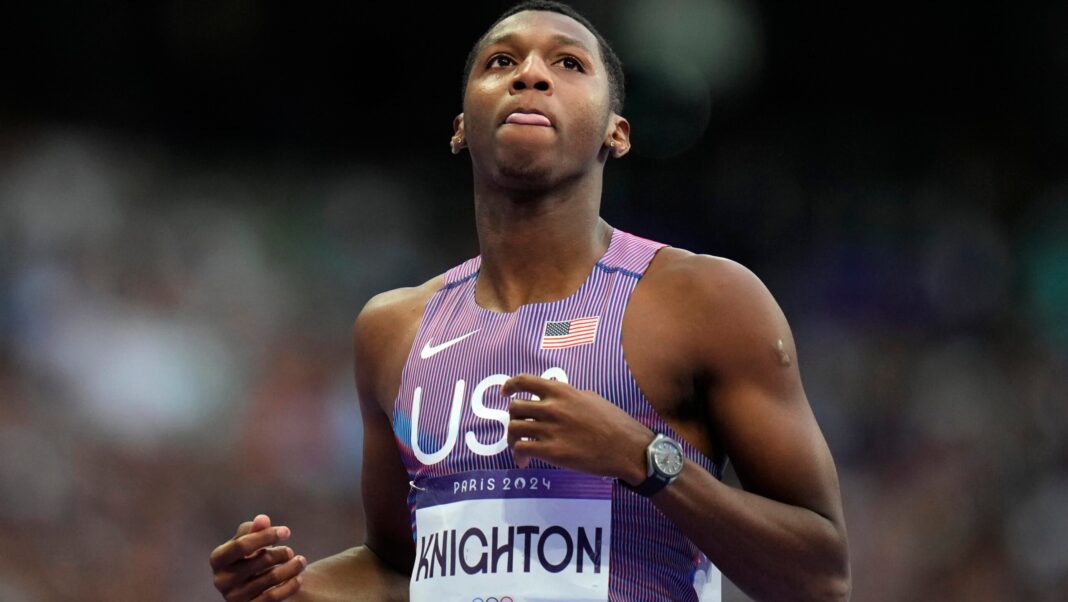Erriyon Knighton: A Rising Star’s Setback
Erriyon Knighton, a promising talent in the world of sprinting, faced a significant setback on Friday when he was handed a four-year ban due to doping violations. This decision casts a shadow over the future of the two-time Olympic finalist and is likely to sideline him from participating in the highly anticipated 2028 Los Angeles Games.
The Ruling by the Court of Arbitration for Sport
The Court of Arbitration for Sport (CAS) announced the ruling following appeals from both the World Anti-Doping Agency (WADA) and investigators from the sport of track and field. They had sought the maximum penalty after Knighton’s initial exoneration by a U.S. tribunal. This decision illustrates the strict measures employed in athletics to uphold the integrity of the sport. Knighton’s case has stirred significant debate about the nuances and complexities of doping regulations.
Details of the Ban
Knighton’s suspension takes effect immediately, though it will be reduced by the two months he spent under a provisional suspension last year. This reduction means that while his official ban will last until July 2028, it will expire just days before the opening of the Los Angeles Olympics. The timing raises concerns about the impact this will have on his training and competitive edge in the years leading up to a pivotal moment in his career.
Background of the Doping Case
The doping charge against Knighton stemmed from a positive test for trenbolone, an anabolic steroid commonly used in livestock farming. Initially, the U.S. Anti-Doping Agency (USADA) accepted the explanation that he had been contaminated via oxtail from a bakery in central Florida. This ruling allowed Knighton to compete at the Paris Olympics, where he notably placed fourth in the 200 meters, marking his second consecutive Olympic appearance in that event.
Knighton’s Current Status
Despite being cleared for the Paris Games, Knighton now faces a challenging period away from competitive racing. He recently failed to qualify for the U.S. team for the upcoming World Championships in Tokyo, an event set to open soon. This is particularly unfortunate for Knighton, who previously earned silver and bronze medals in the 200 meters at the two preceding World Championships, showcasing his potential as a top-tier sprinter on the global stage.
Implications for the Future
The ban undoubtedly raises questions about Knighton’s future in athletics. As a young athlete at just 21 years of age, he has experienced both significant achievements and now, considerable hurdles. The looming absence from competition, particularly with the next Olympic Games on the horizon, will require immense resilience and focus for Knighton as he navigates this turbulent chapter in his career.
The Broader Picture of Doping in Sports
This incident draws attention not only to Knighton’s personal challenges but also to the broader issue of doping in sports. The rigorous enforcement of anti-doping regulations serves as a reminder of the ongoing battle to maintain fair play and integrity in athletics. As technologies and practices evolve, so too do the methods of detection and regulation, making it imperative for athletes to stay informed and compliant.
In a world where milliseconds can determine victory or defeat, the ramifications of Knighton’s ban extend beyond just one athlete’s career, signaling the ongoing vigilance required in competitive sports.



